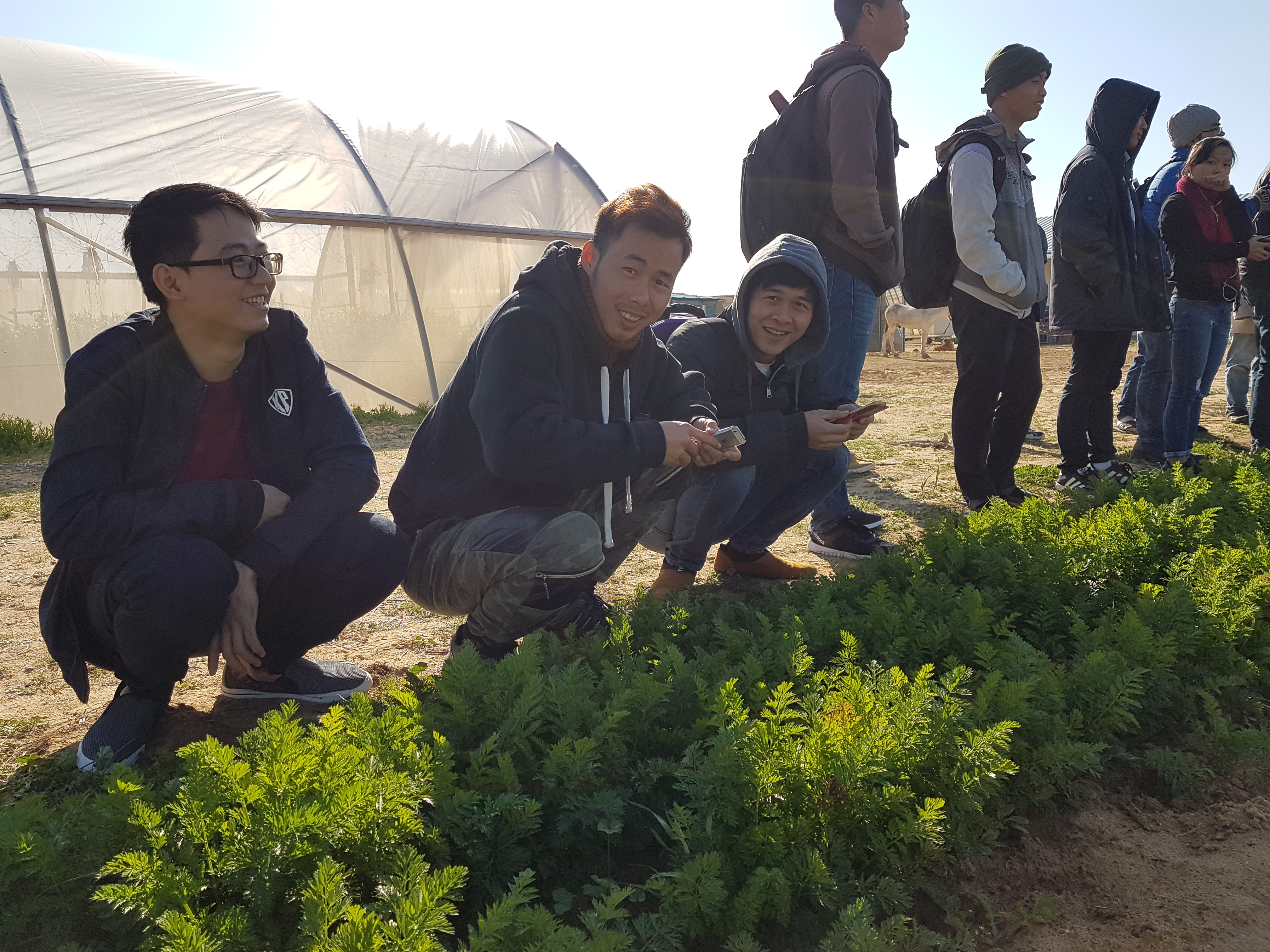Organic agriculture is a production system that sustains the health of soils, ecosystems and people.
It strives to provide an ecologically acceptable alternative to conventional agricultural practices. As a result, the global
organic market is growing and the consumer demand is increasing. During the course we will be introduced to concepts and benefits of organic agriculture.
We will learn about method implementations and regulation. I believe that agriculture needs to take responsibility for the environment, farmers and consumers. Organic agriculture takes that responsibility and can help conventional agriculture by adopting some organic farming techniques inorder to become more sustainable.

Lesson 1:
- Introduction to organic agriculture,
- sustainable methods and other practices in organic agriculture.
Lesson 2:
Health and fertility of the soil.
Lesson 3:
Nutrition, compost and waste recycling.
Lesson 4:
- Plant protection,
- pest and weed management.
Lesson 5:
Organic livestock.
Lesson 6 :
- Organic agriculture through the economic lens,
- industry and regulation.











